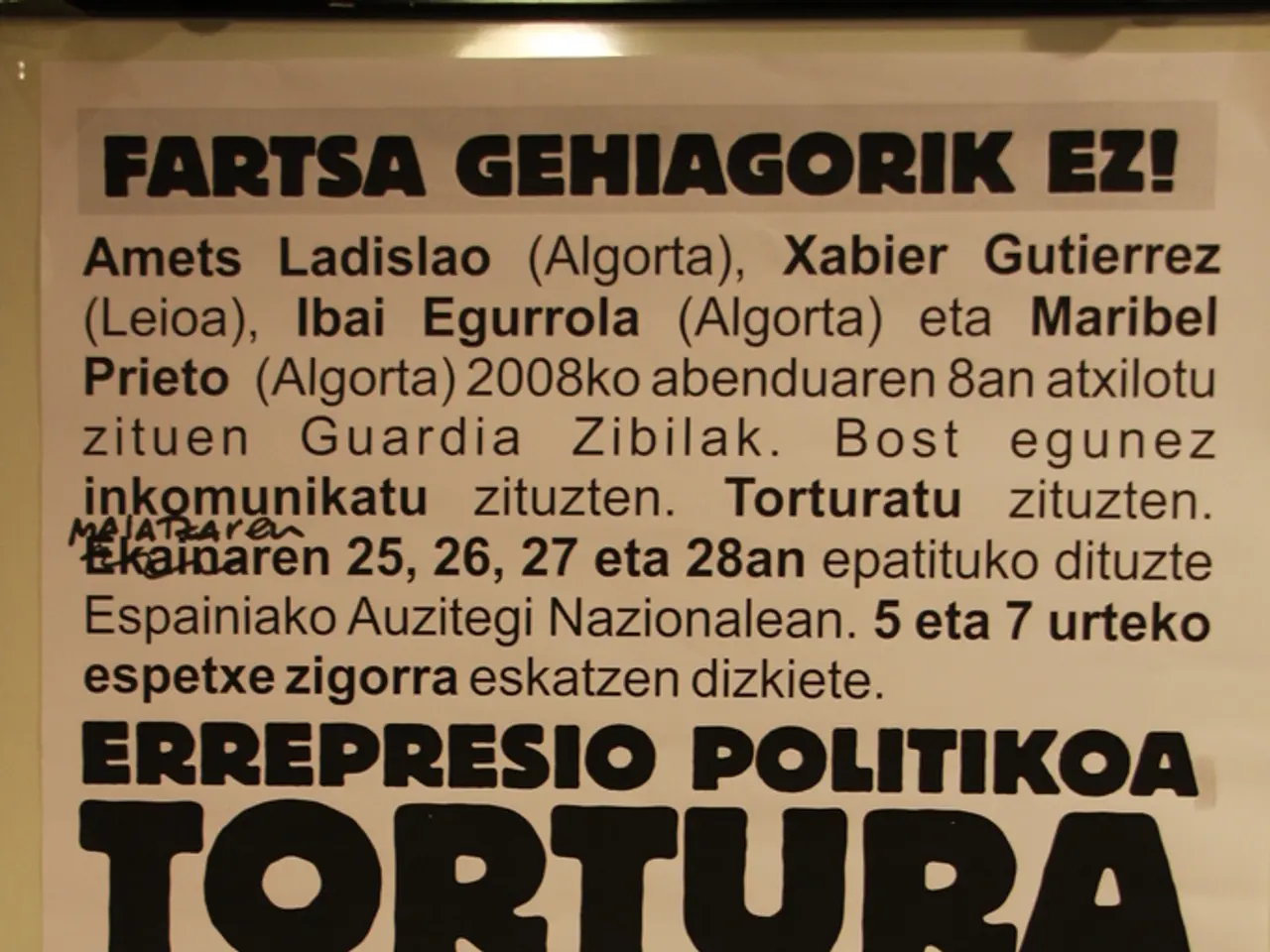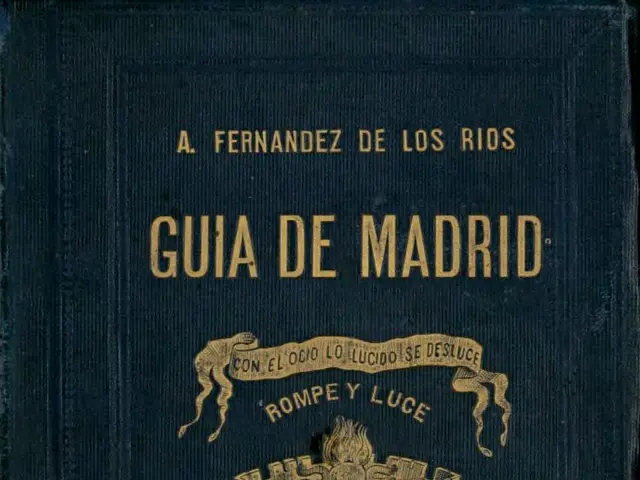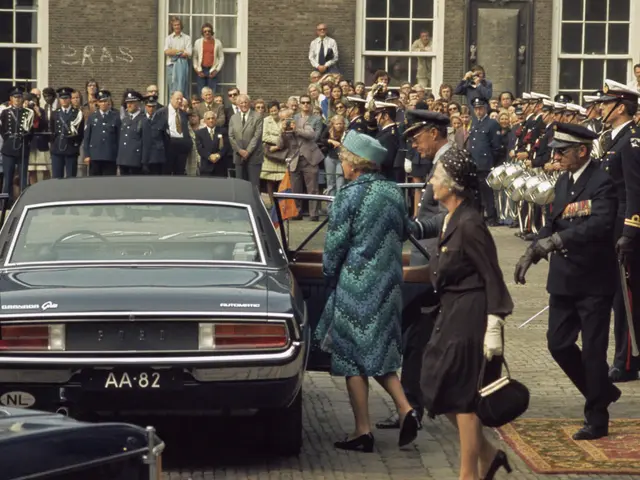University setting witnesses intensified struggle for the liberties of Spanish Protestants
In the heart of Andalusia, the city of Cordoba played host to a significant university extension course titled "Invisible Precursors in the History of Spanish Democratic Freedom (Protestantism, a promoter of democratic freedoms in Spain)". The event, organised by the Faculty of Theology of the Assemblies of God and the Spanish Evangelical Alliance, aimed to shed light on the often overlooked role of Protestantism in Spain's democratic history.
The course was inaugurated by Fernando Martínez Lopez, Secretary of State for Democratic Memory, who announced a census of victims of the Franco regime, including Spanish Protestants. His presence underscored the importance of acknowledging the past and learning from it.
Historian Evangelina Sierra detailed the historical oppression faced by Protestants in Spain, particularly in La Carlota, a village near Cordoba. Originally offered land and houses by King Charles III with the requirement of Roman Catholicism, La Carlota saw the unique movement of the Inquisition, resulting in oppression and persecution that forced many Protestants to renounce their faith and return to Germany.
Rafi Crespín, secretary general of the socialist party in Cordoba, MP in Congress, and president of the Territorial Policy Commission of the Lower House of Parliament, participated in the closing ceremony of the course. Crespín, a member of the Spanish socialist party, expressed recognition and a wish for similar events to be repeated in the future.
Xesús Manuel Suárez, secretary general of the Spanish Evangelical Alliance, spoke about the importance of accepting and integrating dissidents, as they are the ones who transform their environment and society. Using the example of John Hus, a precursor of the Protestant Reformation, Suárez emphasised the role of these individuals in shaping history.
The work ethic, Christian values, and customs of the Protestant settlers still live on in La Carlota, despite the historical oppression they faced. Crespín received a gratitude letter and a study of his family genealogy, which links him to the settlers of La Carlota. This connection to the past served as a poignant reminder of the struggles faced by those who did not fall under the tight control of the Roman Catholic Church, as detailed by Rafael Sierra.
Memory, according to Martínez López, is not about revenge, but remembering in order to avoid making the same mistakes again. By acknowledging the contributions of Protestants in Spain's democratic history, the country takes a step towards a more inclusive understanding of its past. The course in Cordoba was a testament to this commitment, supported by various entities including the Evangelical Council of Andalusia (CEAA), the regional council of Cordoba (CEPC), the Secretary of State for Democratic Memory, the City Council of Cordoba, and the Andalusian regional government.
Read also:
- United States tariffs pose a threat to India, necessitating the recruitment of adept negotiators or strategists, similar to those who had influenced Trump's decisions.
- Weekly happenings in the German Federal Parliament (Bundestag)
- Southwest region's most popular posts, accompanied by an inquiry:
- Discussion between Putin and Trump in Alaska could potentially overshadow Ukraine's concerns








